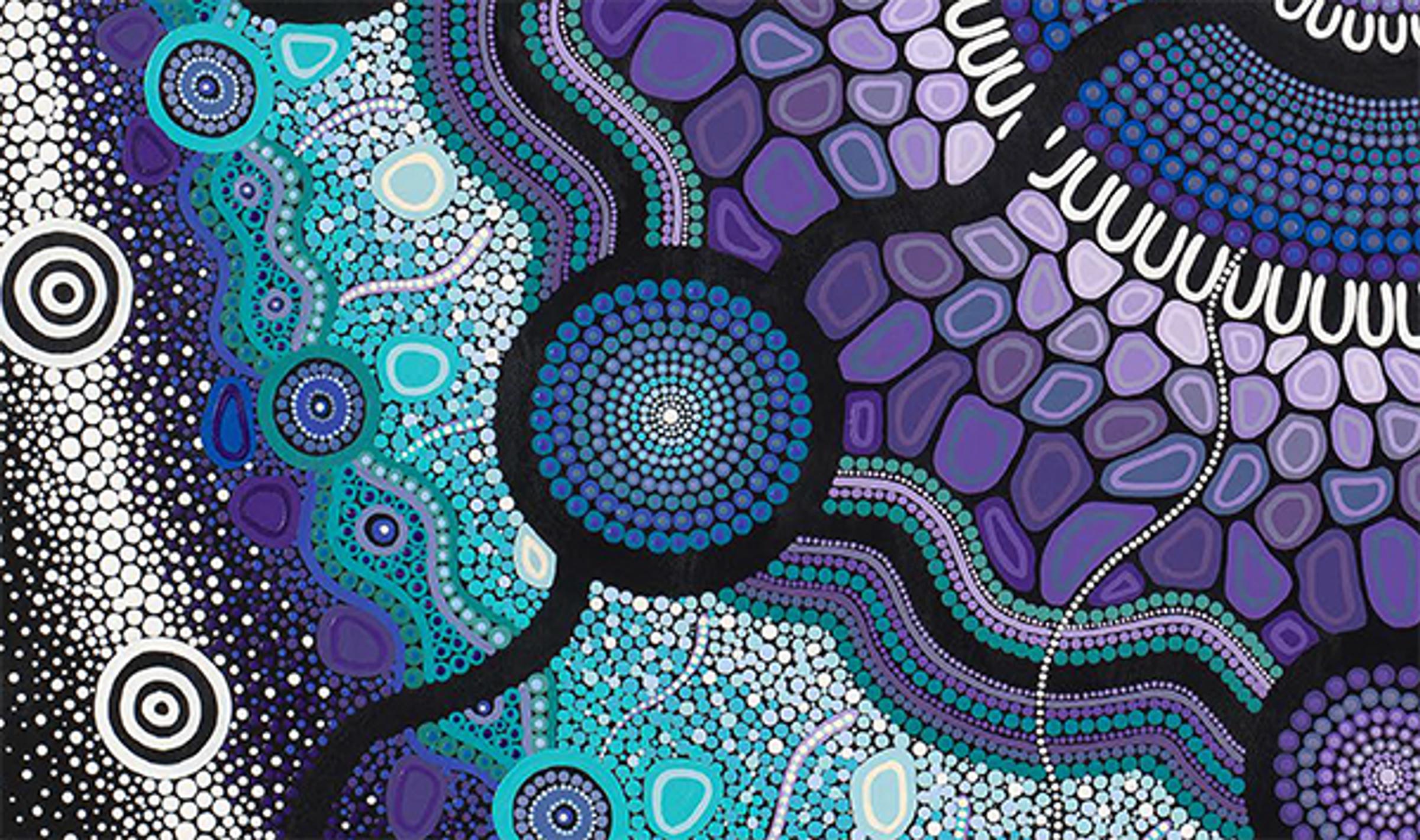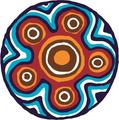Year 2

Dear Year 2 Families,
Welcome back for Term 2 and a massive welcome to Rachael, who will be taking on 2B for the remainder of the year as Mark has now joined the Tutoring Program at DCC. We have had a great start to the year, with our very first excursion taking place, special thanks to Skye for all her hard work in organising the event. It was amazing to see the smiles on each student's face during this time.
Curriculum:
Literacy
Reading is a major focus in Year 2. The aim of our reading program is to develop your child as a balanced reader - being able to decode (say) the words on the page, comprehend (understand) what they are reading and to read fluently with phrasing (reading smoothly using the punctuation). Students are really enjoying reading a variety of text types while exploring strategies such as predicting, visualising, questioning and summarising. Students will also begin to explore reading through looking at the way the authors use ideas, sentence fluency, conventions, word choice, presentation, voice and organisation when creating texts. They will participate in guided reading sessions, reading conferences, buddy reading and independent reading.
We are exploring how to write procedures, transactional and poetry texts using the 6+1 writing traits. Students will go through the whole writing process - collecting ideas, planning, drafting, revising, editing and publishing with each text type. We will also have a handwriting focus each week. The focus in grammar will be on using capital letters correctly, parts of speech (nouns, pronouns, verbs), adding affixes to base words, compound words, conjunctions and exploring a variety of spelling strategies.
Numeracy
This term, we are looking at chance through everyday events and practical activities, 2D shape and the effects of one step transformations, the connection between multiplicative thinking and division, fractions and 2D shape and 3D shape and volume and capacity. We will continue to have a big focus around the big ideas of place value. In addition, our problem solving lessons will continue where students apply their maths knowledge and skills to solve real world problems.
Inquiry
We will begin our inquiry unit this term with Health, where students will be working towards answering the big question: How can I use my knowledge of health and wellbeing to be more active and healthy in my everyday life? They will be able to look into and take accountability for their own health through looking at healthy habits . Later on in the term, we will work on a History unit, where we will look into how everyday life and objects have changed compared to the past. Students will also explore the significance of a local historical site of cultural or spiritual importance
Ways to Help Your Child At Home:
Home Reading - The expectation is for your child to read their take home book 5 nights a week, answer some comprehension questions that an older family member asks them (see the Tips sheet in the Homework book) and record the title, date and a comment in the yellow reading journal themselves. Take home books are for enjoyment and for your child to practise their reading strategies, and are not meant to be a challenging task for your child. As such, students will be taking home books that are a level below their instructional reading level.
Learning Goals - Your child’s individualised learning goals are listed on Compass (starting at the end of Week 3). There is a reading goal, a maths goal, a writing goal and an Inquiry or SEL (social and emotional learning) goal for your child. Please read these and support your child by going through the suggested strategies to help at home. These goals are changed every three weeks, and you will also be informed of your child’s achievement of these goals.
Spelling - We will continue our SMART spelling program in week 1. Your child will bring home a spelling list each week in their Homework book. They need to practise their 5 words by completing one task at home each night.
Read for Pleasure - find some time to regularly read a book to or with your child for pleasure. Make it a quiet, cosy, happy fun time so that your child sees that reading is more than just having to ‘do a task’ - it’s FUN.
Fruit Snack- a friendly reminder to make sure you pack a fruit snack for your child, this can be fresh fruit or vegetables. Food such as chocolate yogurt, fruit juices, string cheese and muesli bars are snack time foods and not fruit break foods.
We look forward to working with you and your child this year. Please come and see your child’s teacher if you have any questions or concerns. After school is best for a quick chat, otherwise send your child’s teacher an email to set up an appointment time for a longer chat.
Rachael, Skye, Crystal, Sharnie and Anne
